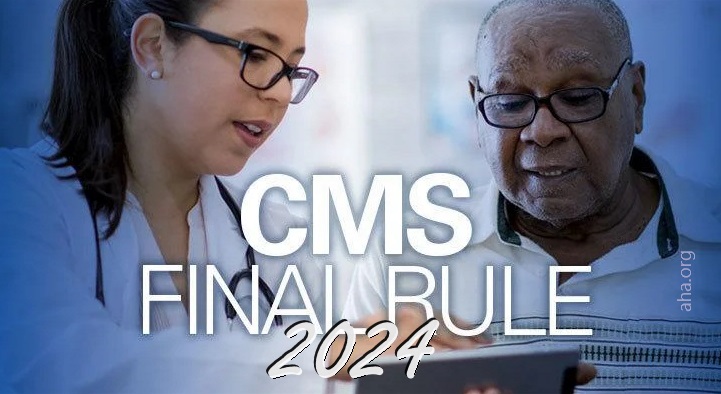Story by Connor Danielowski / December 22, 2023

Recently, the Centers for Medicare & Medicaid Services (“CMS”) announced its 2024 Final Rule that impacts a range of care management services for Federally Qualified Health Centers (“FQHCs”) and Rural Health Centers (“RHCs”). Below is a recap of the updates:
A major CMS update for 2024 allows FQHCs to expand their service offerings to patients and enables them to capture more revenue under code G0511.
G0511 is the HCPCS code for FQHCs and RHCs covering general care management services such as Chronic Care Management (“CCM”), which consists of 20 minutes or more of clinical staff time coordinating care for patients as directed by an FQHC practitioner per calendar month.
Previously, code G0511 could be billed for ONE care management service per patient per month. In 2024, CMS will expand access to care by allowing the FQHC / RHC to bill G0511 once for EACH qualified service per month.
General Care Management codes billable monthly under HCPCS code G0511 (Courtesy of CMS.)
| General Care Management Service | HCPCS/CPT Code(s) |
| CCM | 99487, 99490, 99491 |
| PCM | 99424, 99426 |
| CPM | G3002 |
| General BHI | 99484 |
| RPM | 99453, 99454, 99457, 99091 |
| RTM | 98975, 98976, 98977, 98980 |
| CHI | G0019 |
| PIN | G0023 |
G0511 can be billed multiple times per patient per month if services are medically necessary and all requirements for billing are met. Each CPT code that comprises G0511 can only be billed once per calendar month for a single patient if all the requirements are met for each service and there is no overlapping of resource time. (CMS)
CMS Continues 3rd-party Verbal Consent Post-COVID for FQHCs and RHCs
With the advent of the COVID-19 Public Health Emergency (“PHE”) came an increased reliance on remote care modalities. This included a relaxation of consent requirements dictated by CMS, wherein remote, verbal consent for services like Chronic Care Management could be obtained by third parties such as Chronic Care Staffing.
For 2024, though the COVID-19 PHE has expired, third-party vendors can still obtain verbal consent under general supervision in the FQHC setting. This move underscores CMS’s acknowledgement of the benefits of FQHCs and RHCs working with third-party CCM vendors such as Chronic Care Staffing.
Providers Support Third-Party Consent
In a recent industry Call for Comments, many respondents favored obtaining consent for care management under general supervision and requested that CMS, upon the expiration of the COVID-19 PHE, make this supervision level permanent.
The consensus among these commenters was that their practices would be hard-pressed to continue their current Chronic Care Management program without the assistance of third-party partners. Commenters expressed doubt that they could effectively duplicate these services using only their in-house staff.
The management of a well-run CCM program is a considerable challenge for providers of all sizes, regardless of resources. The direct consent requirement, commenters said, was burdensome and obsolete. They encouraged CMS to permanently enable providers to obtain beneficiary consent under general supervision.
As these industry commenters suggested, launching and administering a CCM program in the FQHC / RHC setting is heavy lifting. Chronic Care Staffing is a partner to health centers across the country and is uniquely equipped to lighten that load and deliver a win in the FQHC setting. To learn more, please contact CCS at (888) 254-4435 or by completing the form on our Contact page.